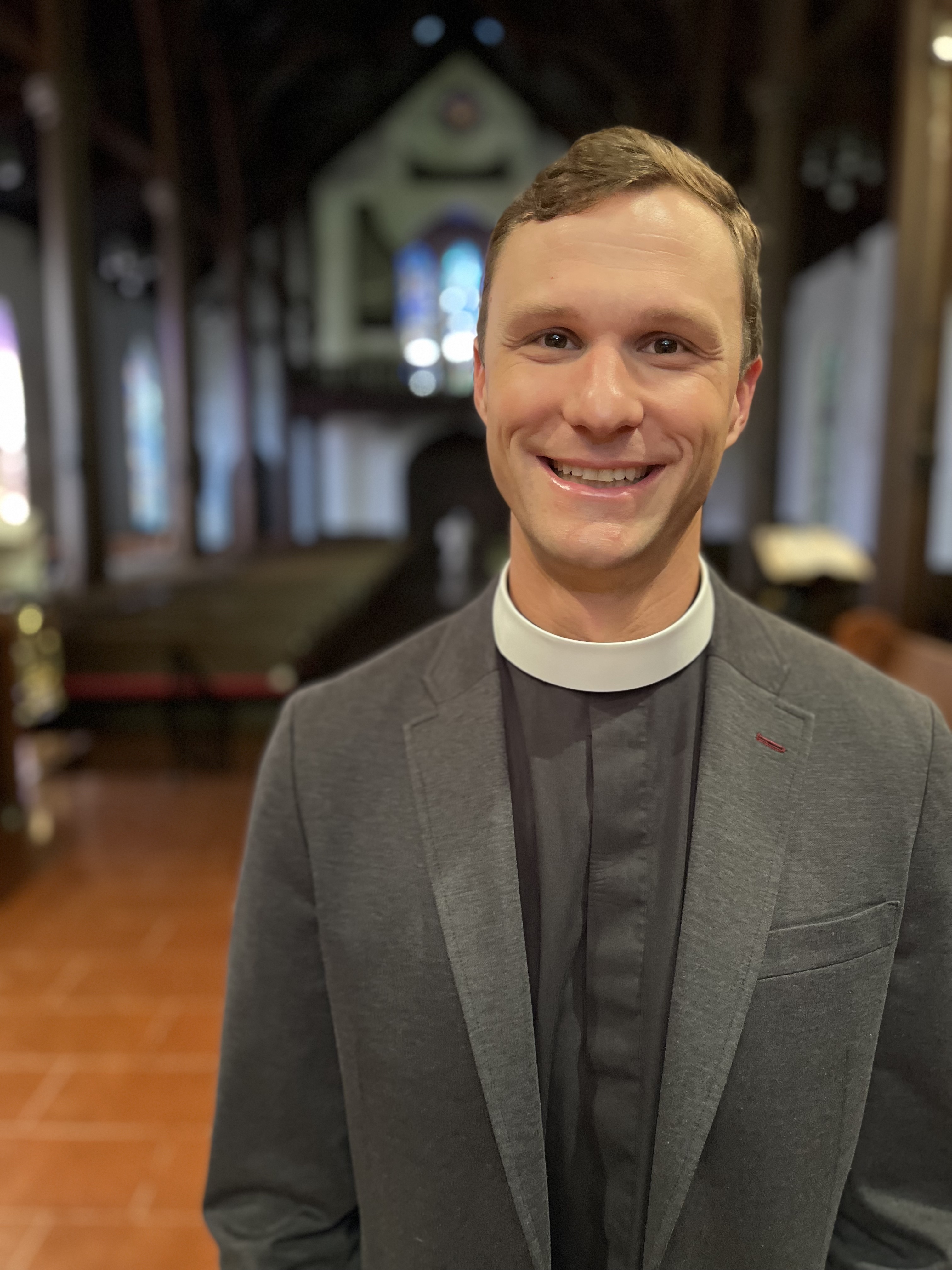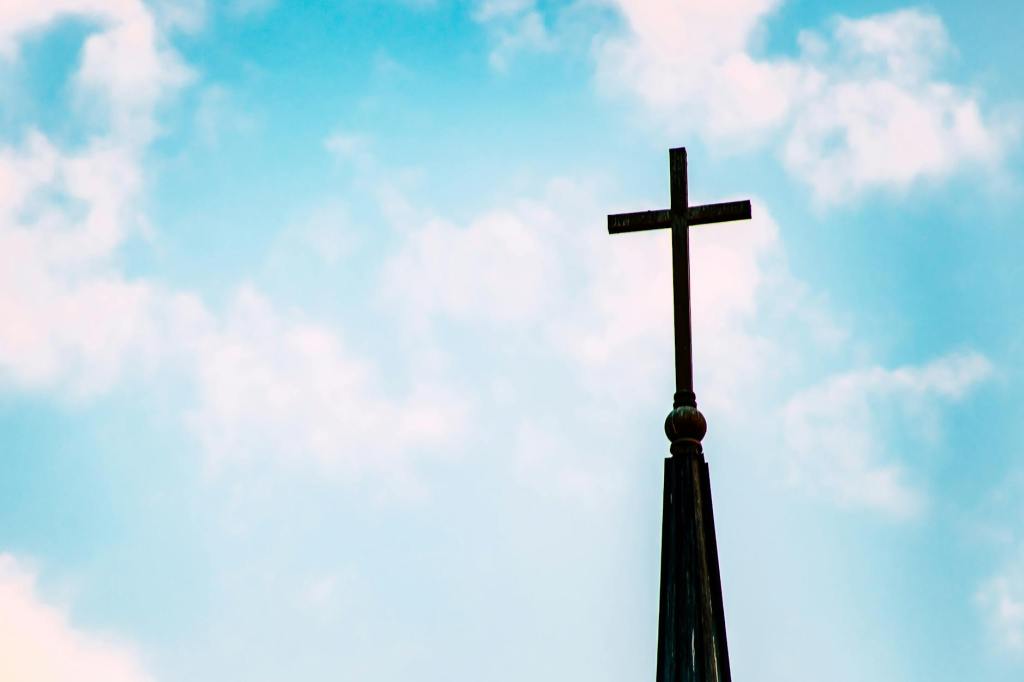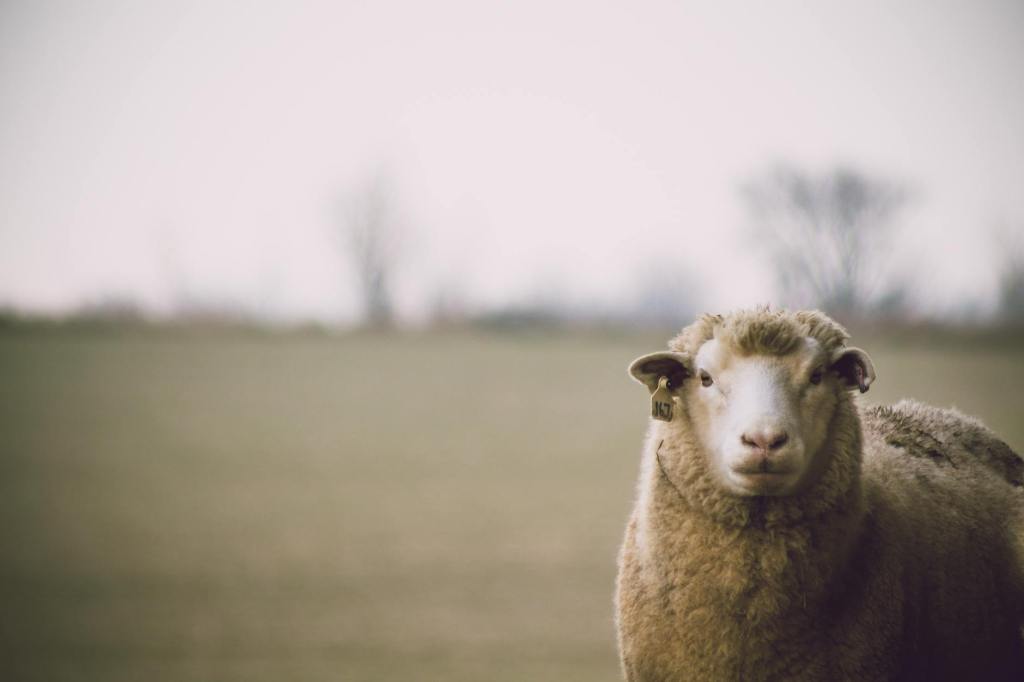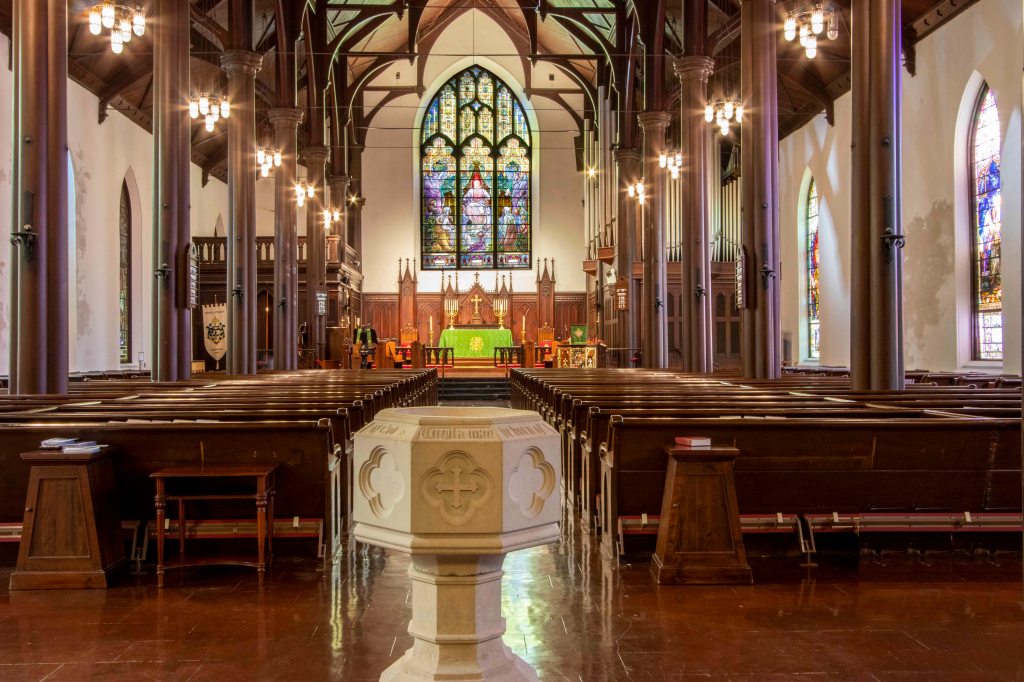Sermon for the Fifth Sunday in Lent
Sunday, March 17, 2013
Psalm 126
There is a strange, new fad sweeping the country. It is one of the strangest things that I have ever heard. It’s not some new drug. It’s not some new dance move. No, this bizarre fad is weirder than all of that. So here it is: many public zoos are now selling elephant dung. From Waco to Seattle to South Carolina, you can show up at your local public zoo and buy elephant dung by the bucket, wheelbarrow, and truck load. I told you it was weird.
 Among vegetable gardeners, elephant dung is all the rage. Some people are going to great lengths, buying as much of the stuff as they can find just to grow a better cucumber. Plus, it’s got two advantages over cattle dung. First, you can get a lot of elephant dung. And it doesn’t smell as bad as cattle dung.
Among vegetable gardeners, elephant dung is all the rage. Some people are going to great lengths, buying as much of the stuff as they can find just to grow a better cucumber. Plus, it’s got two advantages over cattle dung. First, you can get a lot of elephant dung. And it doesn’t smell as bad as cattle dung.
So here is this stuff – stuff that you couldn’t pay most of us to be around – being sold hand over fist. This stuff that you and I would probably run away from, giving growth to healthy, succulent vegetables. In other words, the stuff we don’t want, is necessary to give us the stuff we need.
This isn’t a lesson just for vegetable gardeners. The author of Psalm 126 gets this too. “Those who sowed with tears, will reap with songs of joy. Those who go out weeping, carrying the seed, will come again with joy, shouldering their sheaves.”
Sowing with tears is a powerful image; an image that was of great comfort to the ancient Jews. This psalm was probably composed after the Jews were returned from exile. For those of you who don’t know or don’t remember, the Jews were taken away from Jerusalem in the sixth century B.C. They were dragged away to the foreign city of Babylon in exile, and they longed to return to Jerusalem. Seventy years later, when the Jews were allowed to return, their mouths were filled with laughter, and their tongues with shouts of joy. As Psalm 126 says, “when the Lord restored the fortunes of Zion, then were we like those who dream.”
But of course, before all the shouting and the laughing and the dreaming, there was a lot of crying and weeping and lamenting. For seventy years they lived; in a foreign land, apart from their Temple, their way of life, their home. The Jews sat by the waters of Babylon and wept. And we can imagine that their tears, if collected, would have flowed like an unhappy river.
These tears, the weeping and the lamenting, are not unique to the Jews of the exile to Babylon. You have wept. I have wept. Even the strongest, most macho man, has shed a tear. A friendship lost. A beloved one’s death. Unfulfilled aspirations. A sudden and terrifying realization. A phone call in the middle of the night. A bottomless pit of sorrow. We have all wept. Each of us have sat down by the waters of Babylon and cried. All of us have been in exile.
This psalm promises that our tears are not unknown to God. In a strange sort of way, God allows us to sow with our tears. It’s as if our tears are fertilizer. Nobody likes to cry, but then again, who likes elephant dung? Our weeping goes deep into the garden of our soul. And then, at some point, and it’s different for all of us, the growth happens. The seed that was your tear, germinates and sprouts and grows. It was probably not the plant that you would have expected, but it was the plant that God gave you.
I wept when I was diagnosed with diabetes – but those tears gave the growth of self-discipline. I wept when I left Maggie behind in Texas, going off to seminary in Virginia – but those tears fertilized three years of joyful study. I cried when you called me here, and I left Waco, but those seeds have sprouted into this incredible ministry. “Those who go out weeping, carrying the seed, will come again with joy, shouldering their sheaves.”
And I know that we have cried as a community. This church has caused some to cry, and some to leave. It is no secret, but it is not to our shame. If we had never cried, then we wouldn’t know how much laughter really means to us. The promise from God is that we sow our tears and reap new joy. Where there was once emptiness, God promises fullness. Where there was once lamenting, God promises joyful laughter.
Now, back to the elephant dung. In my mind, I see the trucks of all these vegetable gardeners lined up at their local zoo, ready to buy that oh-so-good manure. And my question is this: who is the poor sap that has to shovel the stuff? Is it some hapless intern? Some eager high school volunteer? Bleh.
In the same way, as you reflect on your tears, you may wonder: Who is here to help me? Who will be there for me as these tears are shed? Who can I turn to when it seems that all I have is fertilizer and not a single plant to show for it? Who will help me shovel the elephant dung that is piling up in my life?
Well, look around you. There is a church full of us. All of us, and me, are here for you. We have  strong arms and and hardy noses. We will shovel with you. Your tears can be shed with us, you may sow even your hardest memories and challenges with your fellow Christians. There is no shame in sharing your pain and anguish and heartache. Because we have all experienced pain and anguish and heartache. That is what a community of Christians does. We pray for each other when we’re in trouble. And even the worst kind. Even the troubles you bring upon yourself and your deepest sorrows can be shared here. We have no grandiose sense of self-inflation – we have all sinned and fallen short of the glory of God. This means that we can bear one another’s burdens, we can reap and sow, with compassion. The Church is not a haven for the righteous. The Church is a hospital for sinners. We are those volunteers at the local zoo, eager to shovel the elephant dung, with you and for you.
strong arms and and hardy noses. We will shovel with you. Your tears can be shed with us, you may sow even your hardest memories and challenges with your fellow Christians. There is no shame in sharing your pain and anguish and heartache. Because we have all experienced pain and anguish and heartache. That is what a community of Christians does. We pray for each other when we’re in trouble. And even the worst kind. Even the troubles you bring upon yourself and your deepest sorrows can be shared here. We have no grandiose sense of self-inflation – we have all sinned and fallen short of the glory of God. This means that we can bear one another’s burdens, we can reap and sow, with compassion. The Church is not a haven for the righteous. The Church is a hospital for sinners. We are those volunteers at the local zoo, eager to shovel the elephant dung, with you and for you.
And we can only do this because of the Lord Jesus. The very same Lord who turned my tears into joy. The very same Lord who helped me carry the sad seeds is helping me return again, shouldering my joyful sheaves. The Lord Jesus is the one who called this church together, and the Lord Jesus is the one reaping with joy.
“Restore our fortunes, O Lord, like the watercourses of the Negev.” The Negev – a dry, dusty, barren desert. It’s one of those places where the rain simply does not fall. Yet what the psalm hope for? The psalm hopes for running water, even in the most arid of countries. Just as the vegetable gardener hopes for a shiny, delicious eggplant to grow from a rich layer of elephant manure. The tears you shed are not in vain. And the tears you shed in this church will not be scorned; they will be loved and accepted. Weeping is God’s fertilizer for your soul.
God takes death, and makes it into resurrection. God takes a cross, and makes it into an instrument of love. God takes our broken humanness, and creates new possibilities for faith. God takes our church, and makes it into a new community. “Then was our mouth filled with laughter, and our tongues with shouts of joy.”





Leave a comment